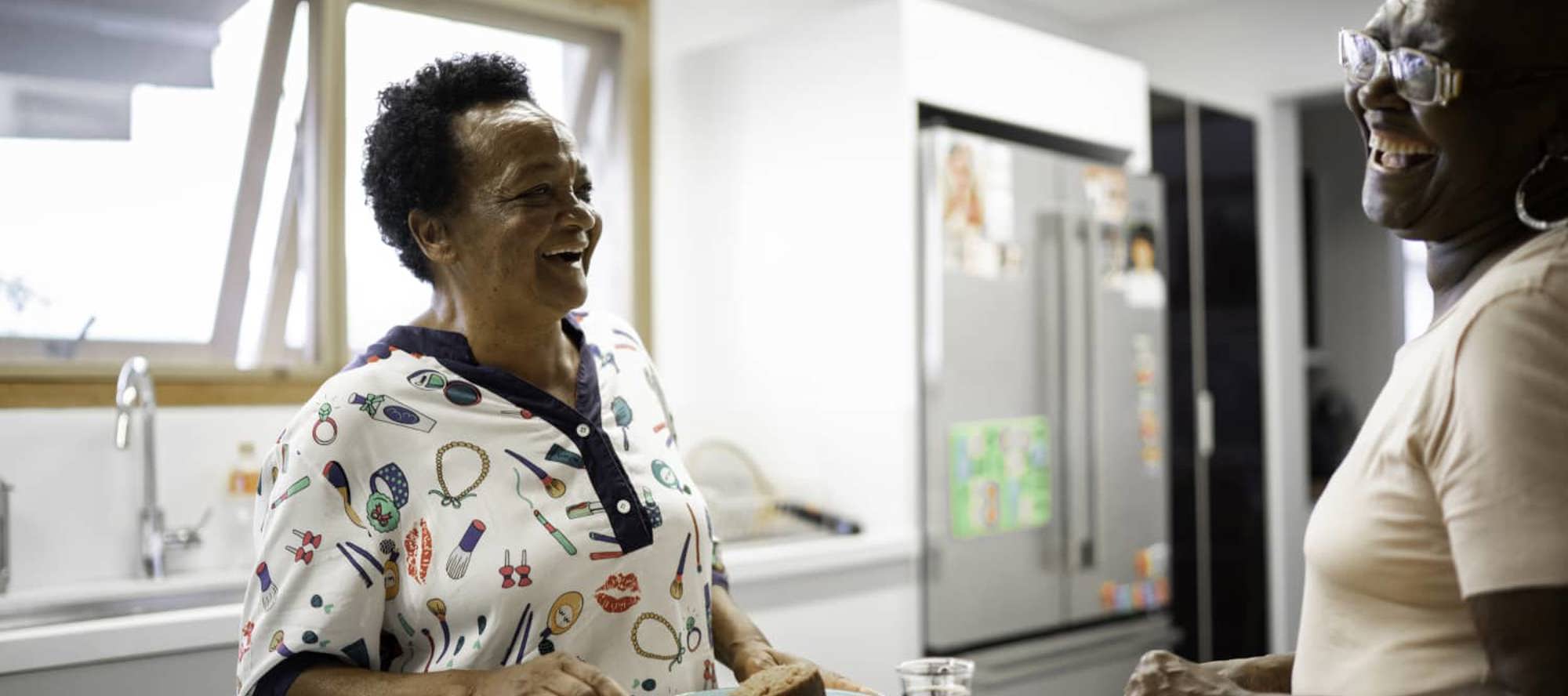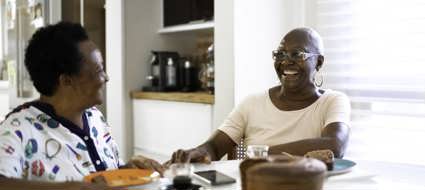The Care Act 2014 emphasises the importance of understanding and developing relationships with older people with care and support needs and their carers – to enable and empower them to achieve the best outcomes.
As Clenton Farquharson passionately argues in our audio learning resource A lived experience perspective on adult social care practice, to understand and build relationships it’s important to understand all the different aspects to people’s identities – their experiences, interests, dreams and aspirations – alongside their sometimes multiple care and support needs.
The changing demographics in the UK are leading to more diverse older populations, with often a more complex range of health and social care issues for adult social care to respond to.
Understanding people’s diverse characteristics can help us to support people to have equality of opportunity and prevent them from being excluded or discriminated against.
Building on themes in our recent Ageing Well: Evidence Review – we want to look in detail at the concept of intersectionality and how it can be used as a lens to work with older people.
What is intersectionality?
Intersectionality is a tool for analysing how different protected characteristics such as age, race, gender, ability, sexual orientation and class can all interact and intersect to influence lived experiences.
Intersectional approaches can help centre the experiences of people with marginalised and stigmatised identities to offer a framework that can be used to support curiosity. It builds an understanding of the everyday experiences for older people with care and support needs, and ultimately supports practitioners to work with people in a way that achieves their best possible outcomes.
Partnership Conference
Our 2022 adults Partnership Conference explored why intersectionality is a useful lens for social care practice, considering people’s experiences across the life course which may have led them to needing support from social care.
We focused in on certain protected characteristics to consider how an intersectional approach might support practice with different people in very different circumstances. We also considered what skills, knowledge, values and abilities are required for social care workers to support our diverse ageing population now and in the future.
Our evidence-informed practice model is at the heart of this. The voice of delegates is a key part of that practice aspect too, which is why each discussion was designed with participation in mind. Each section of the Conference will be followed by an opportunity for delegates to reflect on what they have heard and to share learning from their areas.
We always enjoy learning with you and from you.



